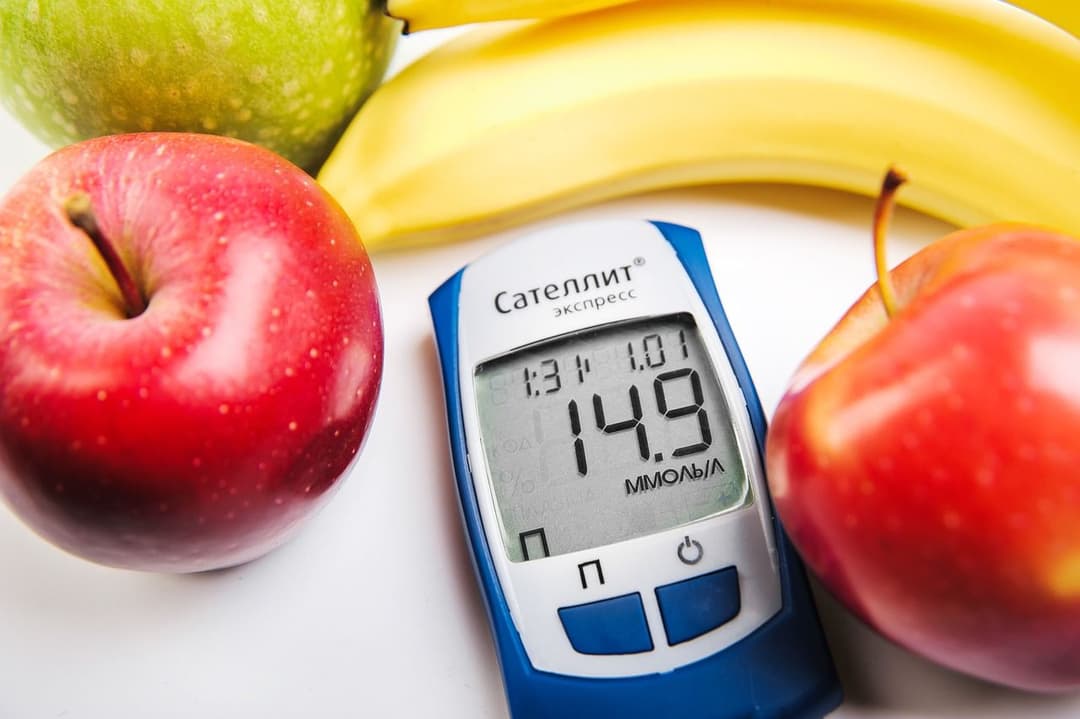3 Best drinks for Fat Loss
Obesity is a medical condition characterized by excessive accumulation of body fat, measured by a body mass index (BMI) of 30 or higher. It increases the risk of various health problems including type 2 diabetes, heart disease, certain cancers, respiratory disorders, joint problems, and mental health issues.
According to Ayurvedic texts, excess fat(Kapha) has been linked to diabetes, and clearly states that by reducing fat(Kapha), one can put diabetes to remission. Recent Studies also support this fact.
Weight loss is not fat loss
Weight loss is the reduction in overall body weight, which can occur due to various factors, including loss of body fat, muscle mass, water weight, or a combination.
Fat loss specifically refers to a reduction in body fat percentage, meaning a decrease in adipose tissue.
Here are some foods that help with fat loss
1. Hot Water
Drinking hot water is generally considered great for the stomach, it facilitates bowel movement and improves blood circulation (1).
Hot water baths are also beneficial for health, studies conducted on overweight adults showed signs of reduced inflammation and managing fasting glucose levels (2).
Japanese are known for their low obesity rate and longer lifespans and one of the micro habits that help with that might be regular hot baths, whether at home or hot springs.
2. Amla, Aloe Vera, and Ginger Juice
Amla is regarded highly in ancient Ayurvedic texts, it is used for the treatment of various health issues ranging from digestive, and heart issues to diabetes.
A study in 2019 on Amla showed reduced cholesterol levels within 90 days (3).
Aloe Vera too is a great tonic for the digestive system, Moreover in a study, obese rats were given Aloe Vera Juice orally, and the results were a reduction in subcutaneous and visceral fat (4).
Ayurvedic texts consider ginger a superfood when consumed raw or as fresh juice it is great for the digestive system. In a study done on obese women ginger was found to decrease the BMI and improve metabolism (5).
All of these can be consumed on their own, but combining them will make a tonic that can beat even the best weight loss pill on the market, Additionally, it will be side effect free.
3. Barley
Barley is one of the oldest cultivated crops grown for thousands of years, In ayurveda barley has been recommended as a staple food, especially during summers.
Barley Tea has benefits and is a popular beverage in countries like Korea and Japan. Hot tea from Barley sprouts is effective on adipose tissue (fat tissue) (6).
Key Takeaways
Addressing obesity is vital for overall health, and natural remedies like hot water, amla, aloe vera, ginger, and barley show promise in supporting fat loss. Through lifestyle changes and incorporating these natural ingredients, proactive steps can be taken towards a healthier future.
References
- Subaraman, M., and R. Gayatri Devi. "KNOWLEDGE AND AWARENESS ABOUT BENEFITS OF DRINKING HOT WATER-A SURVEY." PalArch's Journal of Archaeology of Egypt/Egyptology 17.7 (2020): 1630-1638.
- Hoekstra, Sven P., et al. "Acute and chronic effects of hot water immersion on inflammation and metabolism in sedentary, overweight adults." Journal of applied physiology (2018).
- Srivastava, Rachana, Poonam Khanna, and Jaswinder Sangha. "Hypolipidemic Potential of Emblica officinalis (amla) Powder and Nutrition Counselling on Hyperlipidemic Subjects." Proceedings of the Third Andalas International Public Health Conference, AIPHC 2019, 10-11th October 2019, Padang, West Sumatera, Indonesia. 2020.
- Misawa, Eriko, et al. "Administration of dried Aloe vera gel powder reduced body fat mass in diet-induced obesity (DIO) rats." Journal of nutritional science and vitaminology 58.3 (2012): 195-201.
- Ebrahimzadeh Attari, Vahideh, et al. "Changes of serum adipocytokines and body weight following Zingiber officinale supplementation in obese women: a RCT." European journal of nutrition 55 (2016): 2129-2136.
- Kim, Myeong-Jin, et al. "Anti-obesity effect of hot water extract of barley sprout through the inhibition of adipocyte differentiation and growth." Metabolites 11.9 (2021): 610.



